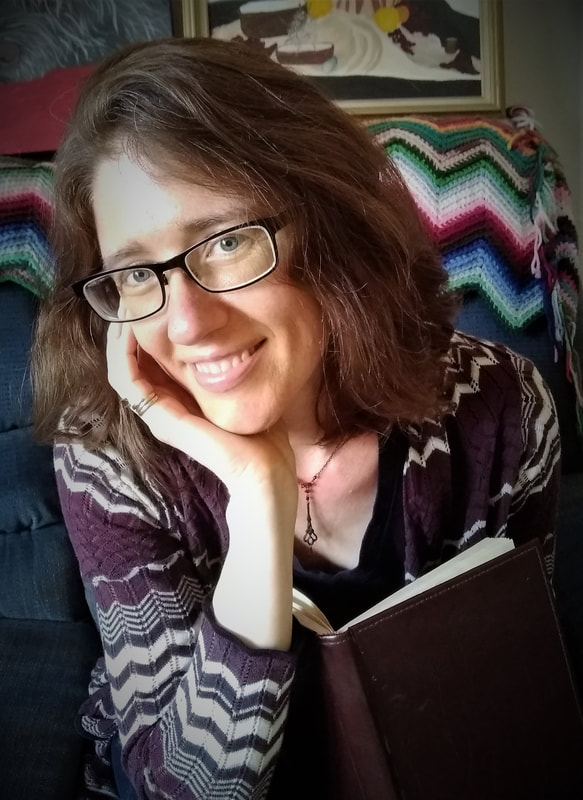|
With each passing year, our world is gradually becoming more and more concerned about respecting the voices and experiences of people and groups who, historically, haven’t had a say in how and if they are represented to the general public. This may have been due to race, religion, gender, cultural background, or physical and mental disabilities, among other reasons.
We’ll put aside the argument of political correctness for the moment. The fact is that writers have a responsibility to their readers to represent the world in the most honest and genuine way possible. That doesn’t mean that you can’t include elements and characters from other people groups. That wouldn’t be true to the diverse world we live in. However, it’s impossible for any one person to be an expert on all peoples and groups, especially if they’re not a part of that group. Sometimes, we need to bring in an expert. That’s where sensitivity readers come in.
0 Comments
There are so many services out there offering to help you become a better writer, from master classes with acclaimed authors to professional writing coaches. But one of the most valuable resources for aspiring writers is at the same time one of the most readily available and one of the most overlooked.
All you need is a library card and a bit of free time for research. I’ve read the writings of and listened to interviews with numerous experts, whether published authors or publishing professionals, and one of the most common pieces of advice they give is to read. But what does that entail? We’ve all seen that text message or social media post where it looks like the writer hit the Caps Lock key and couldn’t figure out how to turn it off. People often laugh about it as a marker of older generations, but the truth is that all caps is often overused in writing, regardless of the age of the writer.
But all caps (also known as shouty caps) does have its place and and purpose. It used to be, if you wanted your book published, you either had to go through an established publishing house or spend stacks of cash at a vanity press and still not see your book get into the hands of more than a few readers.
As we advance farther and farther into the digital age, though, self-publishing becomes an increasingly viable option, but it’s still not ideal for everyone. So, which one is best for you? There are pros and cons to both options. Here are a few points to help you decide which one best fits your circumstances and your book. Nothing will ever equal the expertise and value a trained professional editor can bring to your writing project. However, not everyone has the funds or opportunity to take every project to a pro. And if you do decide to hire an editor, the better shape your manuscript is in, the less work the editor has to do and the less they’ll charge for the work.
I’m in this position myself with this blog. It’s just not practical at this time for me to pay someone to edit each week’s post, so the burden of self-editing falls on me. Editing your own work is difficult at best. Assuming you have the technical skills and grammar and punctuation knowledge, your mind still often refuses to see your own errors clearly. Even professional editors face this challenge. But there are some tricks I use (and you can, too) to catch more of those errors and typos. |
AuthorRebecca has a passion for helping you fill the world with great literature and making sure said literature doesn't get passed over for the lack of a little editing. Archives
July 2022
Categories
All
|






 RSS Feed
RSS Feed
